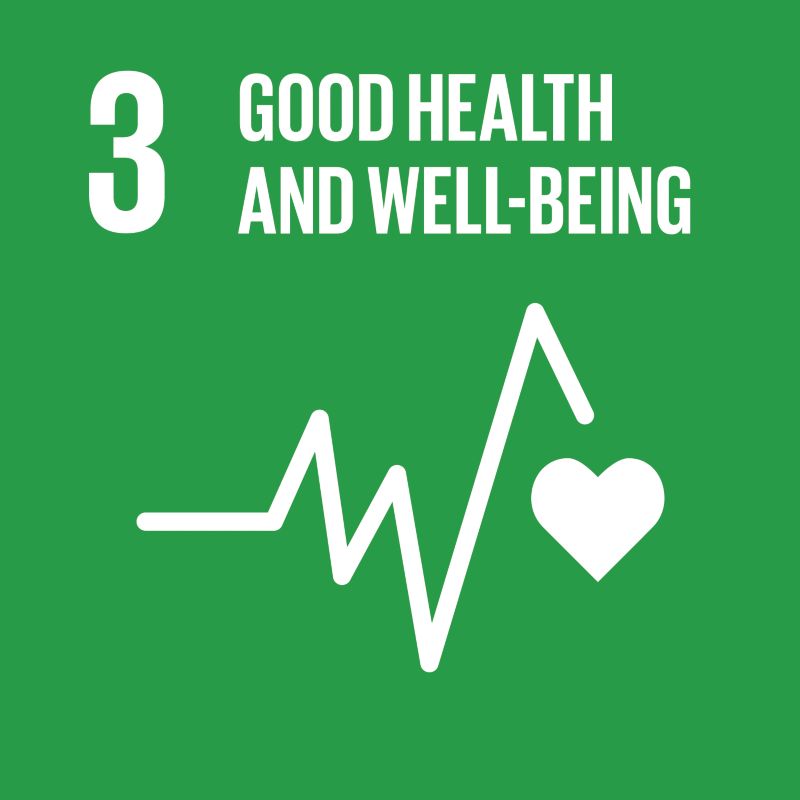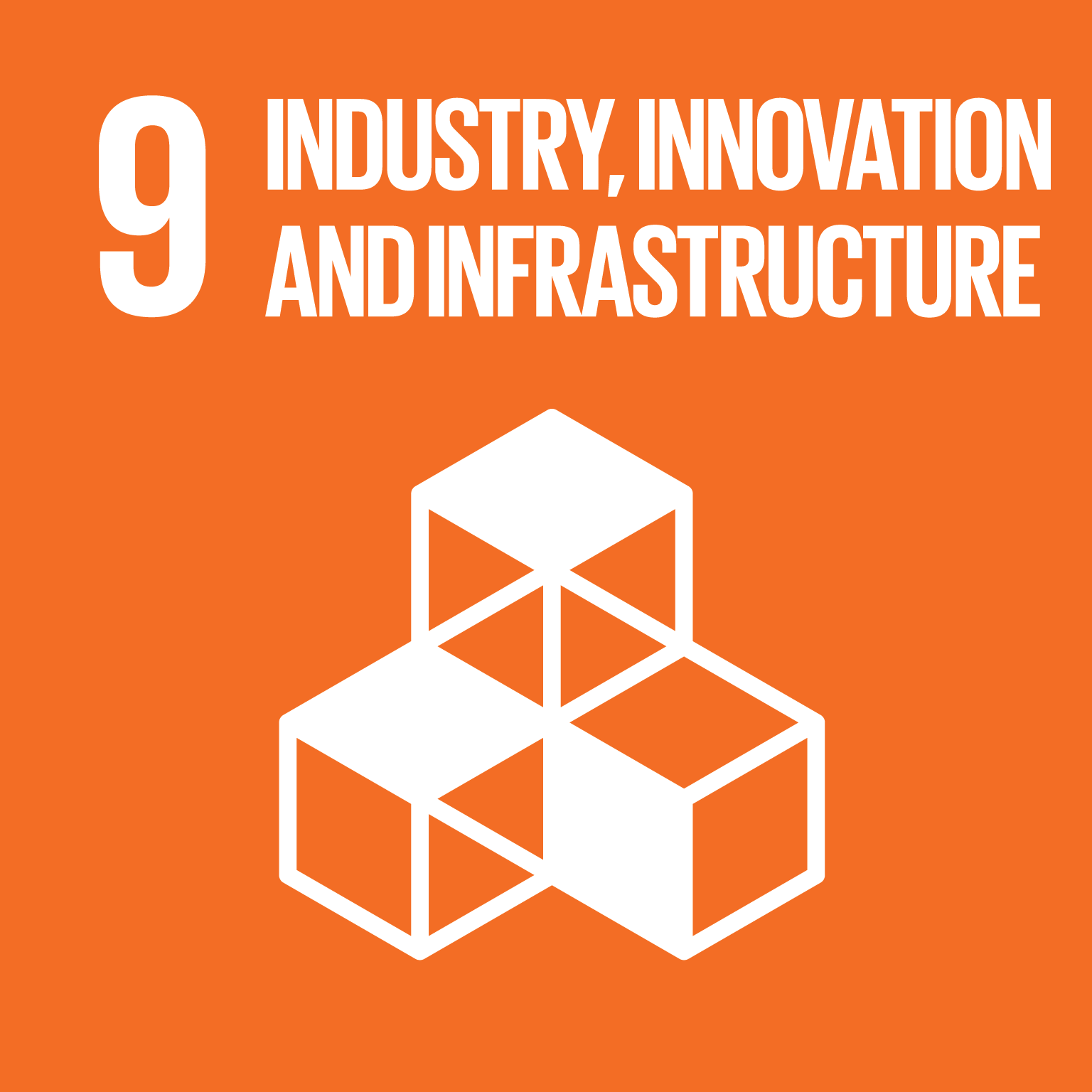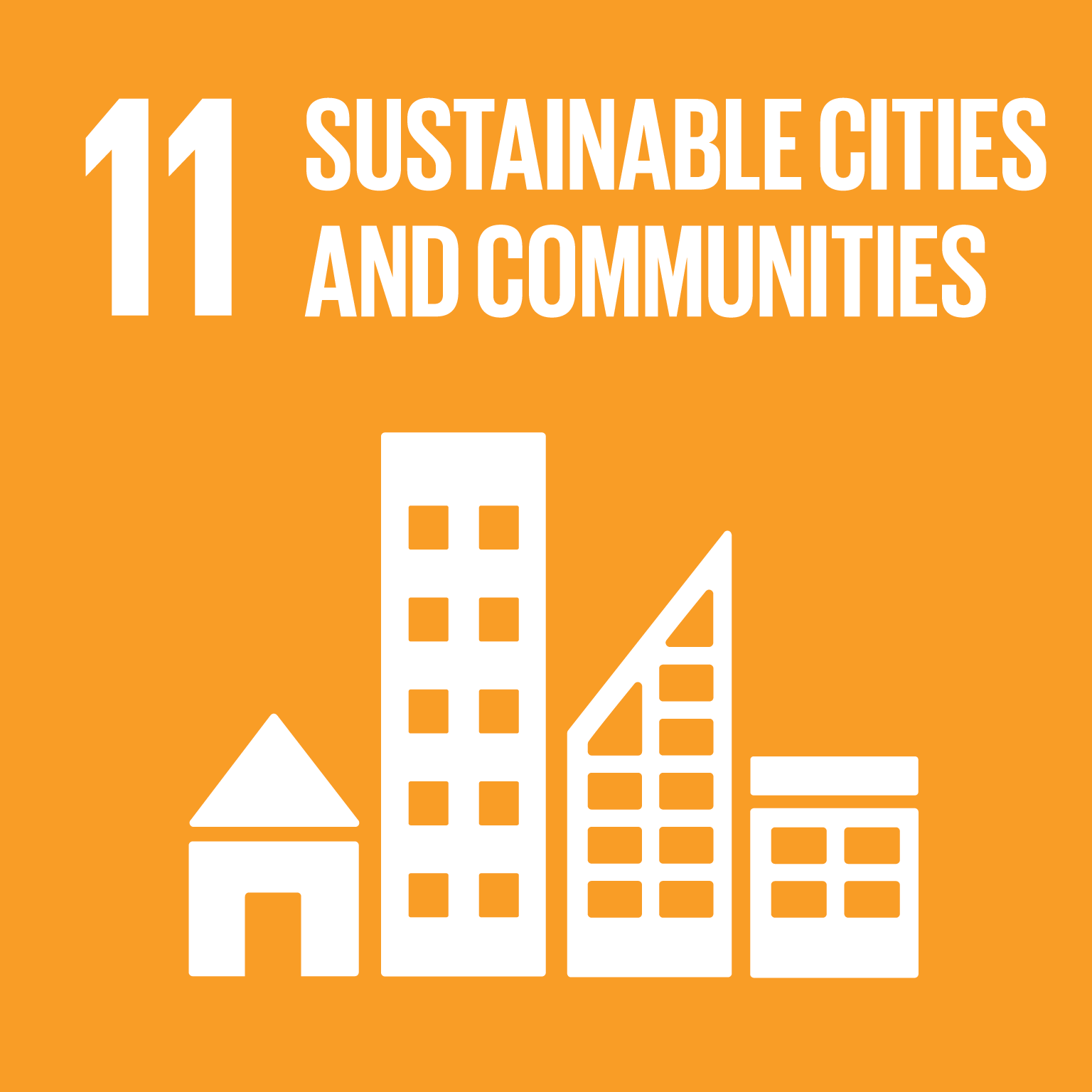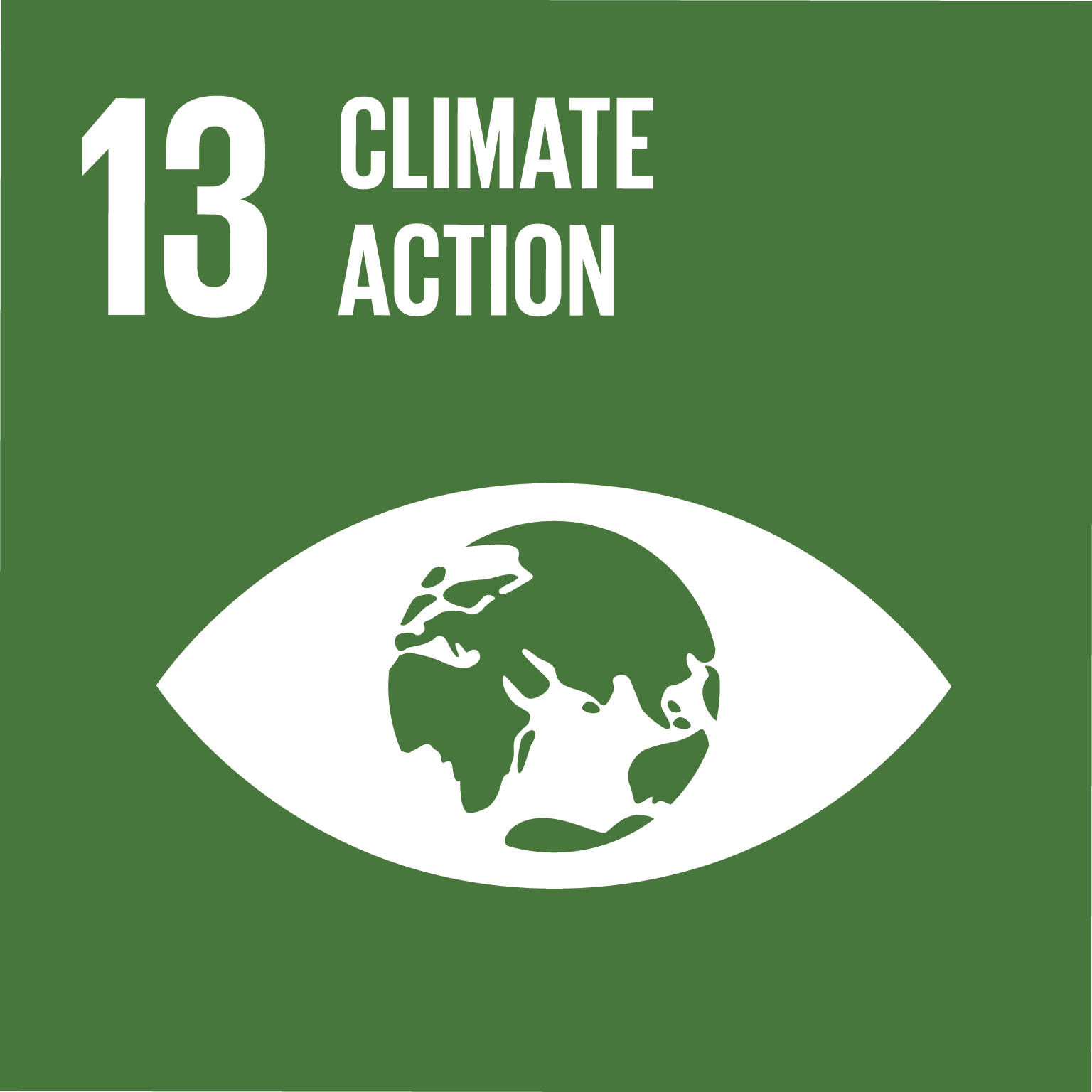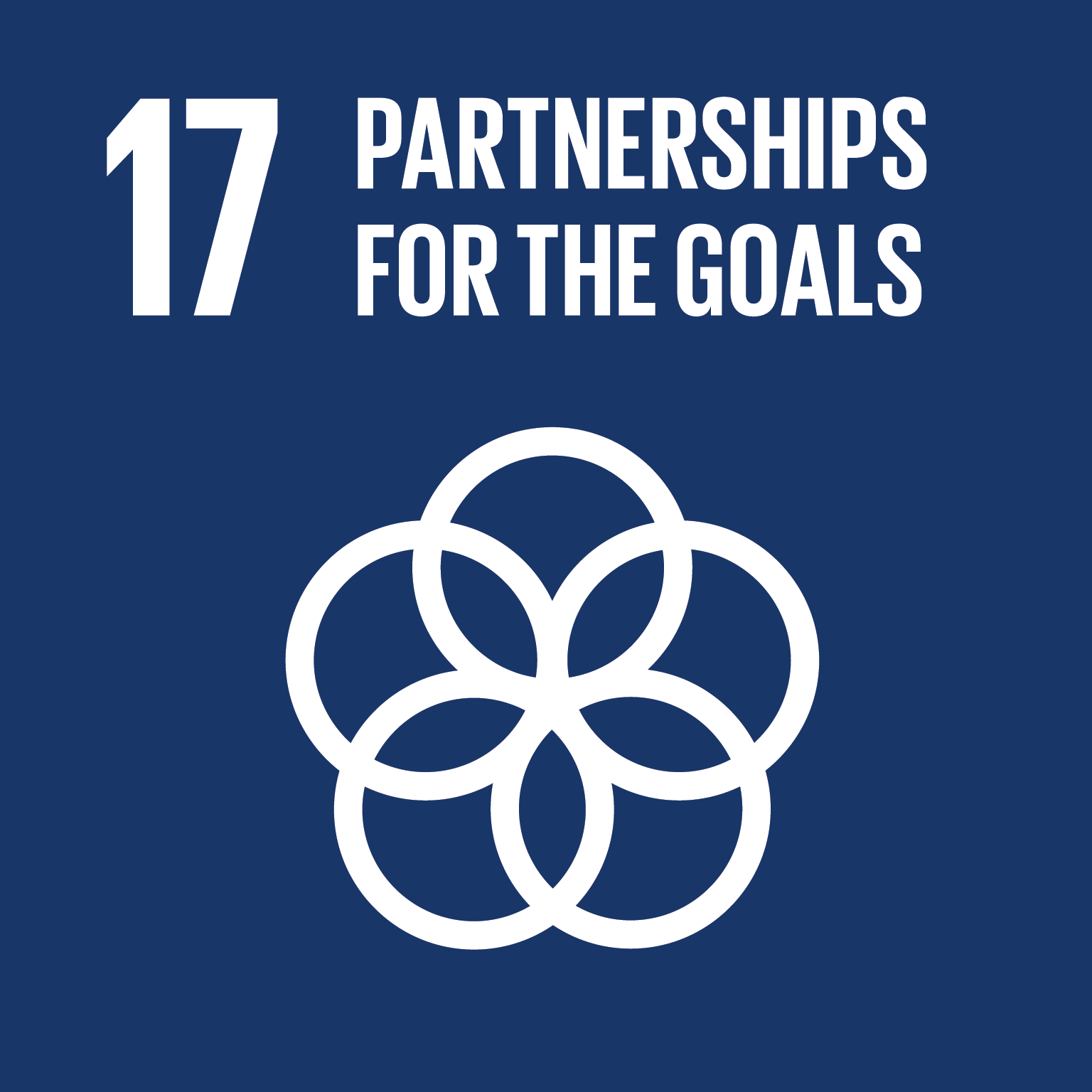This project investigates how major cities function and the effects of their land-use, housing and infrastructure systems on the humans that live in them.
The main urban systems underpinning liveability include transport networks, green space and housing and the interconnections between them. The project aims to better understand how these systems combine to affect liveability and how decision-making in city planning, management and development can be better informed to improve outcomes in these areas. The research will examine how the integration of urban systems can be optimised in inner, middle and outer or peri-urban areas of cities to create greener more walkable and sustainable neighbourhoods, and wider urban regions, that enable urban residents to have access to nature, produce cleaner air, reduce greenhouse gas emissions, increase active transportation, reduce chronic disease and facilitate climate change adaptation.
Project timeline: 2016 - 2021
Key contributors: Jago Dodson, Sarah Bekessy, Cecily Maller, Joe Hurley, Luis Mata, Marco Amati, Michael Buxton and Robin Goodman
Find out more: Improved Urban Systems for Liveability project page
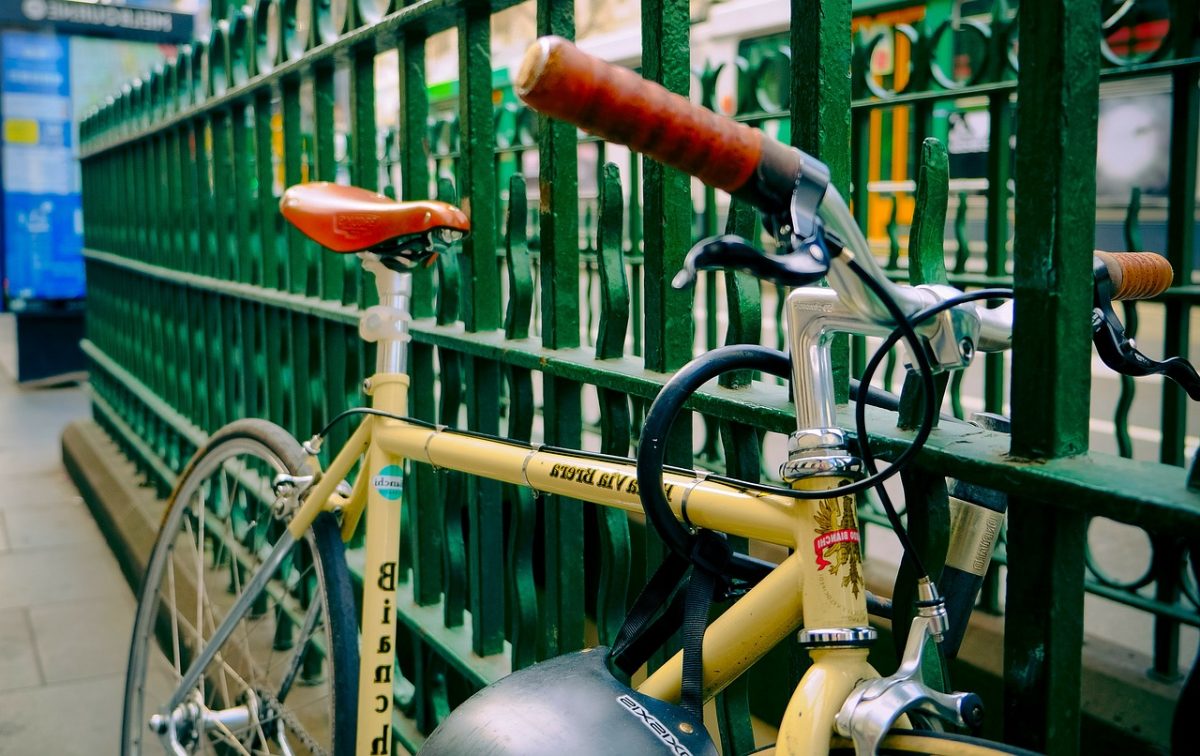
This project addresses the following Sustainable Development Goals and Targets:
3.9 By 2030, substantially reduce the number of deaths and illnesses from hazardous chemicals and air, water and soil pollution and contamination
9.1 Develop quality, reliable, sustainable and resilient infrastructure, including regional and transborder infrastructure, to support economic development and human well-being, with a focus on affordable and equitable access for all
11.2 By 2030, provide access to safe, affordable, accessible and sustainable transport systems for all, improving road safety, notably by expanding public transport, with special attention to the needs of those in vulnerable situations, women, children, persons with disabilities and older persons
11.3 By 2030, enhance inclusive and sustainable urbanization and capacity for participatory, integrated and sustainable human settlement planning and management in all countries
11.6 By 2030, reduce the adverse per capita environmental impact of cities, including by paying special attention to air quality and municipal and other waste management
11.7 By 2030, provide universal access to safe, inclusive and accessible, green and public spaces, in particular for women and children, older persons and persons with disabilities
11.a Support positive economic, social and environmental links between urban, peri-urban and rural areas by strengthening national and regional development planning
13.2 Integrate climate change measures into national policies, strategies and planning
13.3 Improve education, awareness-raising and human and institutional capacity on climate change mitigation, adaptation, impact reduction and early warning
17.17 Encourage and promote effective public, public-private and civil society partnerships, building on the experience and resourcing strategies of partnerships

Get in touch
For more information or to discuss partnership and collaboration opportunities, email us at SDGs@rmit.edu.au.
For more information about RMIT’s sustainability commitments and activities visit www.rmit.edu.au/sustainability
